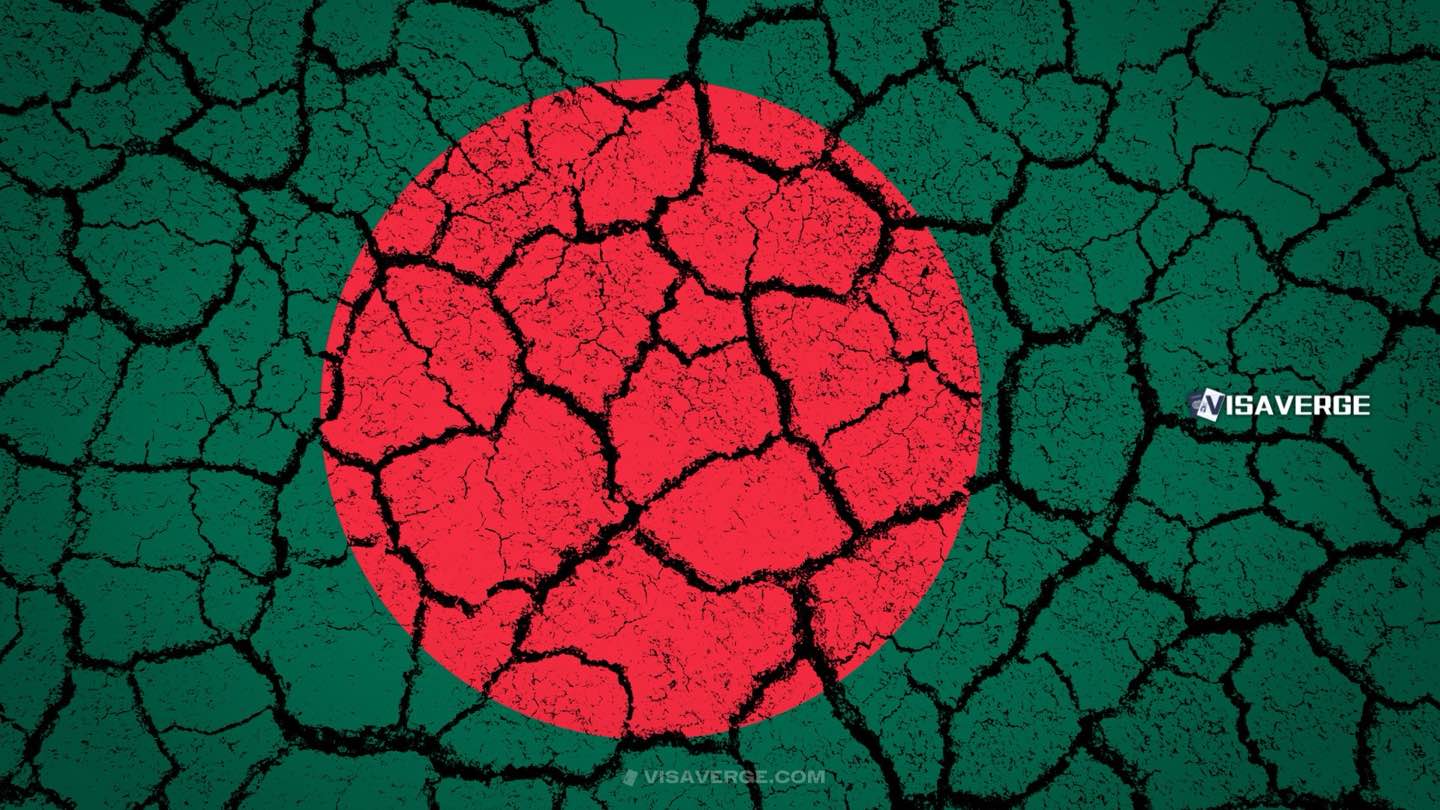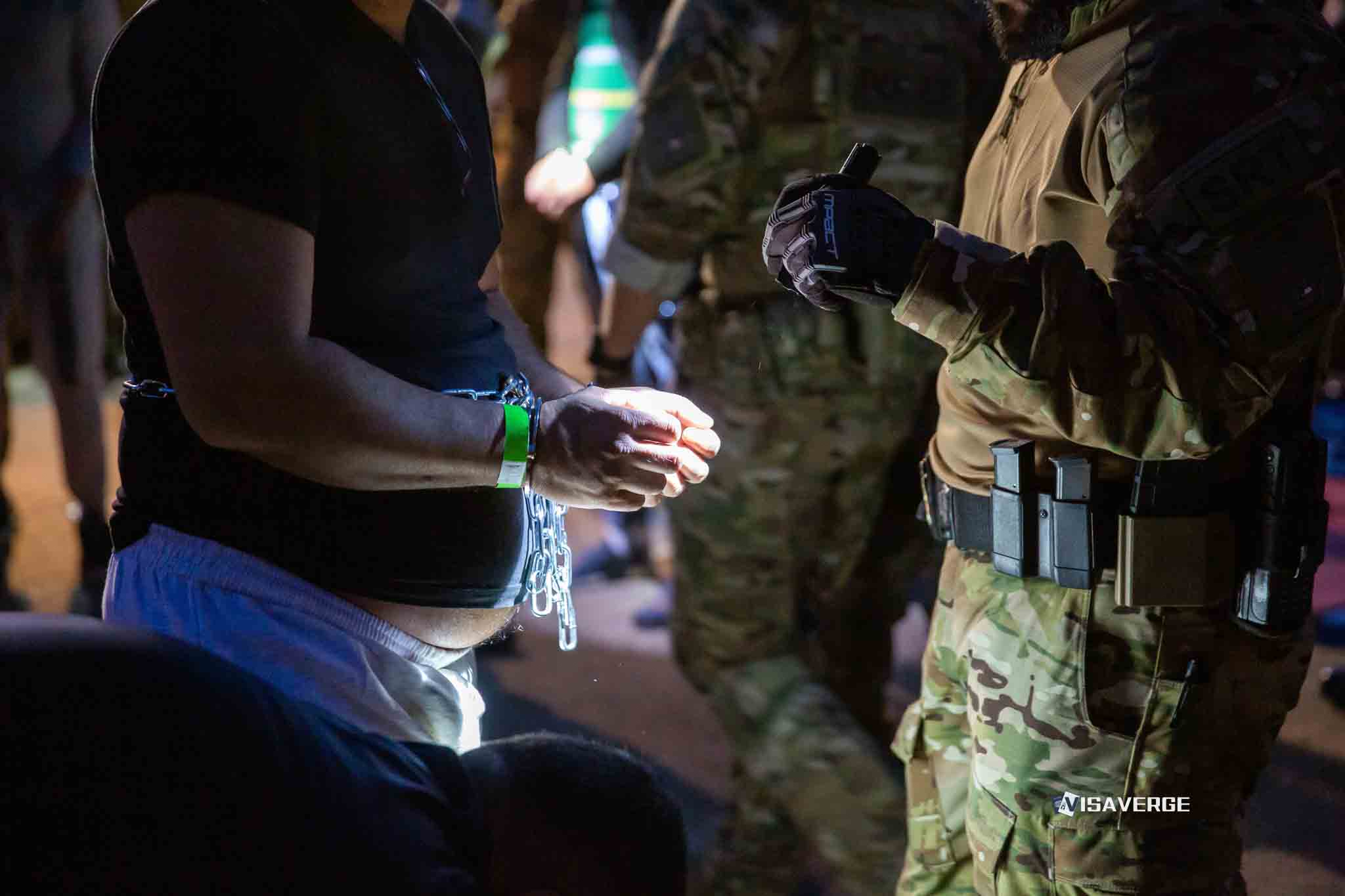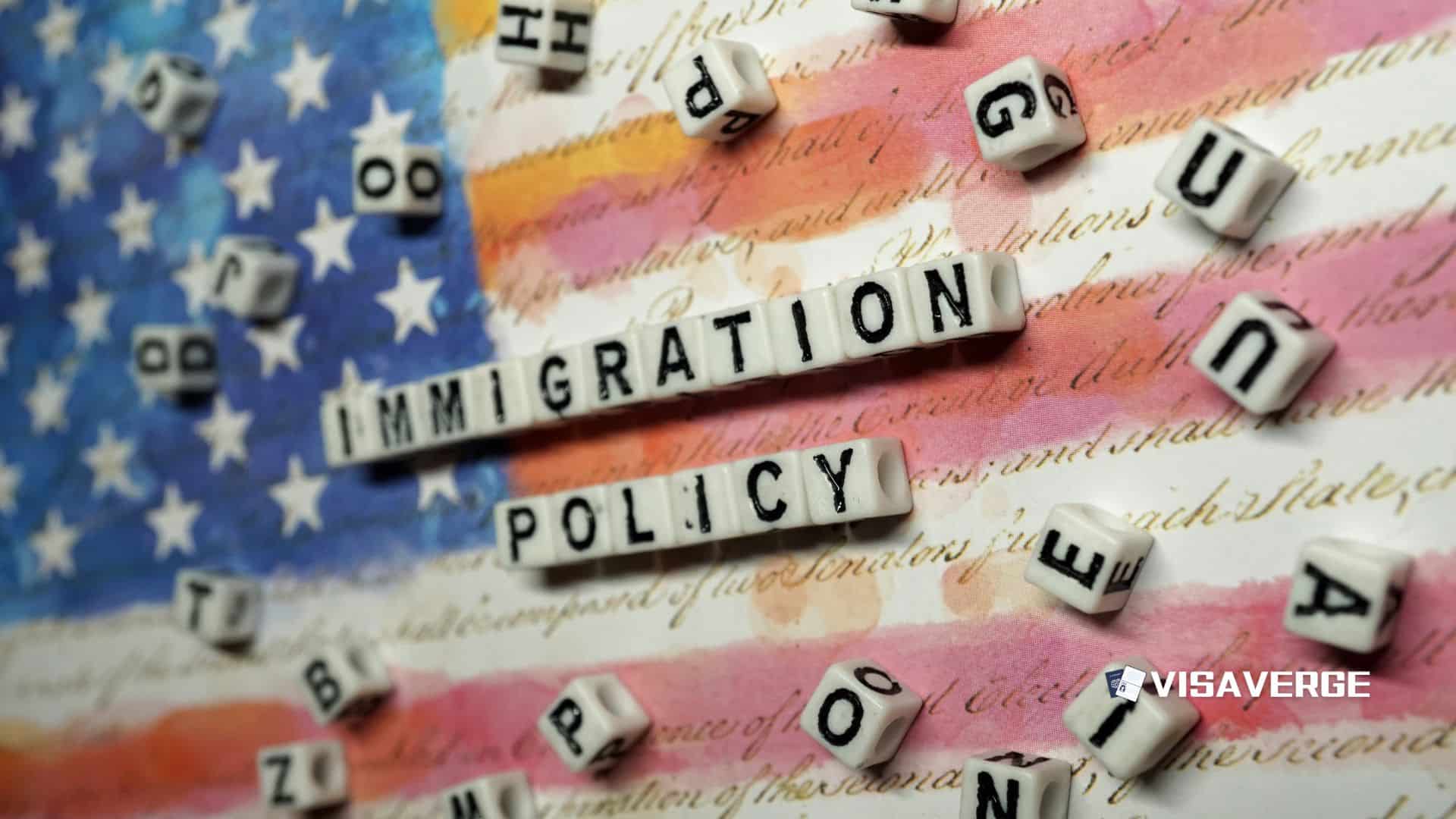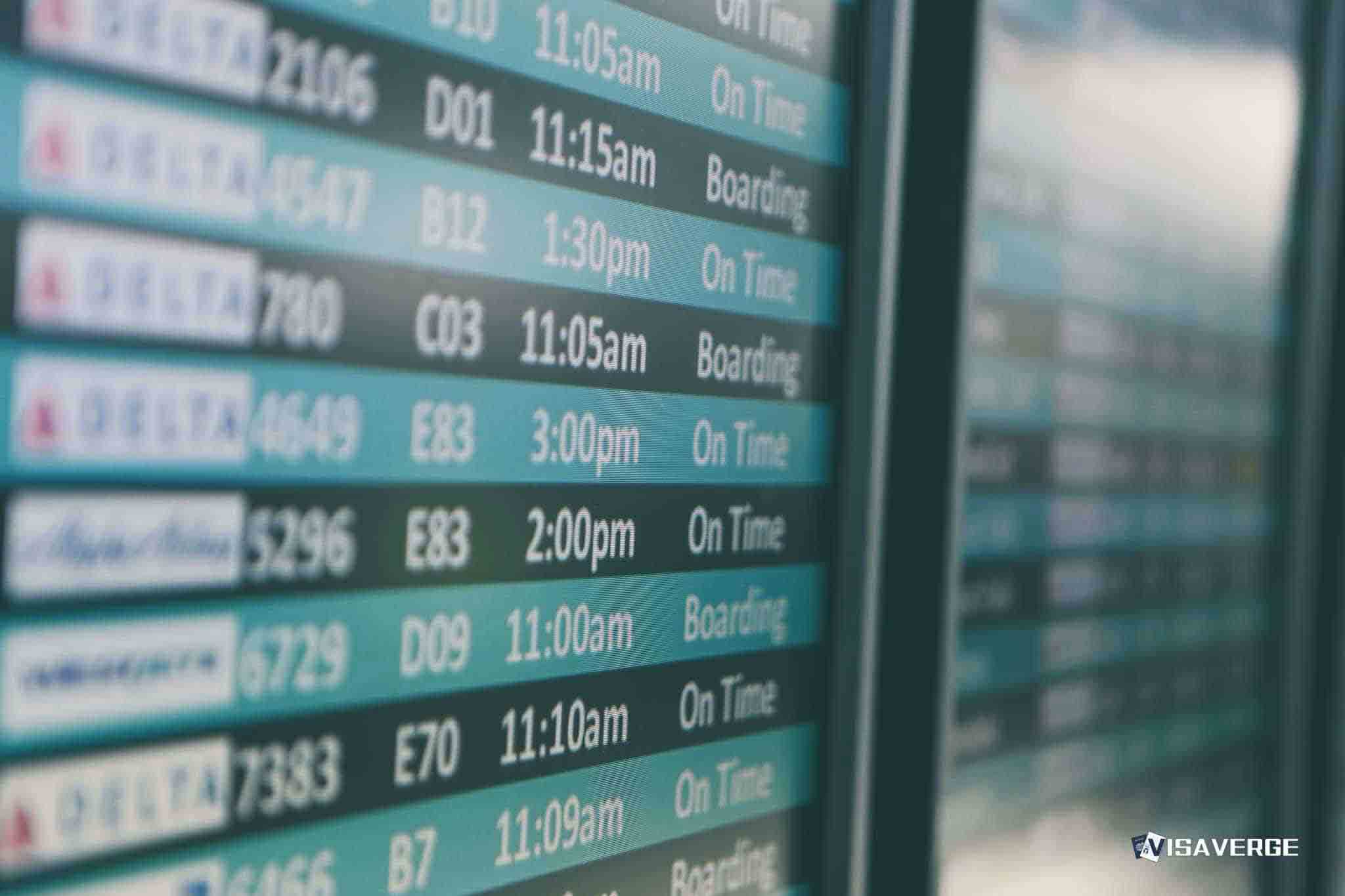Key Takeaways:
- Political upheaval in Bangladesh erupted from dissatisfaction with job quotas, leading to Prime Minister Hasina’s resignation amid protests.
- General Waker-uz-Zaman assumed military control post-Hasina, raising fears of renewed military rule and calls for civilian leadership.
- Economic challenges exacerbate tensions, with unemployment, corruption, and inflation fueling discontent, despite previous garment industry growth.
What Sparked the Political Upheaval in Bangladesh? 🇧🇩
Bangladesh 🇧🇩 is currently experiencing significant political upheaval, an outcome of long-standing issues. On August 5, 2024, Prime Minister Sheikh Hasina, a crucial figurehead for over 15 years, stepped down unexpectedly amidst escalating protests. The events unfold like a cascade, beginning with discontent over a job quota system that seemed partial towards supporters of Hasina’s Awami League party. This dissatisfaction swelled into severe protests by July, evolving into a broader movement against what was perceived as an increasingly authoritarian regime.

The outburst of public disapproval and frustration took a violent form with protestors breaching government buildings, including Hasina’s residence. This sequence of events led to her resignation and departure from the country, exposing the deep economic and political dissatisfaction among the population.
Why Did Sheikh Hasina Resign?
Sheikh Hasina’s resignation came after her rule of 15 years. During her tenure, Hasina’s administration was marked by allegations of authoritarianism, suppression of opposition, and economic challenges. Under her watch, Bangladesh’s economy faced stagnation due to high unemployment, rampant corruption, and dwindling foreign reserves. According to VisaVerge.com, the protests that eventually forced Hasina from office resulted in at least 109 reported deaths, reflecting the gravity and intensity of the upheaval.
What are the Immediate Implications of Hasina’s Departure?
Upon Sheikh Hasina’s departure, General Waker-uz-Zaman announced a temporary military takeover to restore order. This development has sparked concerns about the potential onset of military rule, reminiscent of Bangladesh’s turbulent political past characterized by repeated military coups. With deep-seated demands for change, many in the country still aspire for a stable transition, reflected in their choice for Nobel Peace Prize laureate Muhammad Yunus to lead an interim government. Despite facing corruption charges under Hasina’s government, Yunus’ reputation as a pioneer in microfinance provides hope for a fresh start.
How Has Bangladesh’s Political History Shaped the Current Crisis?
To understand the current political upheaval in Bangladesh, one must delve into its complex history of instability and dramatic shifts. Since gaining independence from Pakistan 🇵🇰 in 1971, the country has witnessed recurring themes of military rule and unstable governments. The assassination of the first president, Sheikh Mujibur Rahman, in 1975 led to periods of military governance that lasted until 1990. Although democracy was restored in 1991, the political scene never stabilized entirely.
Through the years, Bangladesh experienced consistent friction between the Awami League and the opposition parties, predominantly the Bangladesh Nationalist Party (BNP). This constant discord sowed seeds of economic challenges and governance issues that have had longstanding impacts, as seen today with high unemployment rates and governance issues.
For a comprehensive look at Bangladesh’s parliamentary history, you can visit the Bangladesh Parliament official website.
What are the Economic Challenges Facing Bangladesh?
The current upheaval in Bangladesh 🇧🇩 exposes underlying economic challenges the nation has grappled with for years:
- High Unemployment: With young people facing particularly high rates of joblessness, the economic frustration has fueled unrest.
-
Inflation and Income Inequality: Severe inflationary pressures and a wide wealth gap have worsened living conditions for many Bangladeshis.
-
Corruption and Governance: Widespread corruption and weakened institutions have severely eroded trust in the government, hampering effective administration.
The economic limelight doesn’t solely focus on problems. Bangladesh has also seen impressive growth rates in recent decades, primarily fueled by the ready-made garment (RMG) sector. However, this progress has been uneven, and benefits have not been evenly distributed.
How Do Social and Environmental Factors Contribute to the Tensions?
Beyond economic challenges, Bangladesh 🇧🇩 deals with complex social and environmental issues that compound its woes:
- Social Tensions: Ethnic and religious minorities often face persecution, further straining societal cohesion.
-
Environmental Vulnerabilities: Being one of the most climate-vulnerable countries globally, the threats from climate change have been persistent and crippling, impacting agriculture and livelihoods.
-
Demographic Pressures: With a growing young population, the demands for jobs and representation add pressure on the existing economic infrastructure.
What Role Do External and International Influences Play?
International influences have significantly impacted Bangladesh’s recent events:
- Global Economic Conditions: The global economic landscape, including the aftermath of COVID-19 and the Russia-Ukraine war, has adversely affected Bangladesh’s trade, inflation, and foreign reserves. Declining remittances and diminished demand for garments have added layers of economic distress.
-
International Scrutiny and Human Rights: Bangladesh 🇧🇩 has faced increasing international scrutiny regarding human rights, alleged election malpractice, and unfair governance. Western associations like the U.S., Japan, and the European Union have voiced concerns, further invigorating opposition forces.
-
Geopolitical Tug-of-war: As a regional focal point, Bangladesh finds itself influenced by China 🇨🇳 and India’s 🇮🇳 geopolitical aspirations. China’s Belt and Road Initiative, although promising massive investment, faces slow implementation, adding to Bangladesh’s dilemmas.
-
Diaspora Dynamics: The Bangladeshi community abroad plays a critical role through remittances and advocacy, adding complexity to internal politics.
For more insight into Bangladesh’s geopolitical strategy, the Ministry of Foreign Affairs provides substantial resources here.
What’s Next for Bangladesh?
As Bangladesh navigates this transitional phase, the uncertainty about future governance looms large. Here are the critical paths forward:
- Forming a Stable Interim Government: The success of democracy hinges on establishing a neutral and functioning interim government.
-
Preparing for New Elections: The country must organize transparent elections that restore citizen confidence in its institutions.
-
Preventing Military Consolidation: Ensuring the military doesn’t consolidate power is paramount to restoring civilian rule and democracy.
-
Economic Rehabilitation: Addressing economic inequalities, unemployment, and diversification must be prioritized to reinvigorate the economy.
-
Fostering International Relations: Maintaining strong international alliances is crucial for economic aid, particularly concerning regional giant India 🇮🇳.
-
Social Cohesion and Climate Action: Addressing social unrest and investing in climate solutions will be necessary to stabilize Bangladesh’s future.
Can Bangladesh Achieve Stability Post-Hasina?
Bangladesh’s path to stability requires persistent efforts to address deep-seated socio-economic and political challenges while negotiating international alliances wisely. Given its strategic importance and sizable population, Bangladesh’s future trajectory could significantly impact broader South Asian regional stability.
With society yearning for change but wary of repeating past mistakes, the coming months will be decisive in determining Bangladesh’s ability to achieve a peaceful transition and embrace a sustainable path forward.
Bangladesh is at a crossroads—a moment where the lessons of history, socio-economic fortitude, and strategic diplomacy could converge to steer it towards stability or tumult. As the nation looks to begin anew, the quest for a brighter future rests upon addressing its manifold challenges holistically.
Learn Today:
- Political Upheaval: A situation where there is a significant disturbance or disruption in the usual political order, often resulting from widespread dissatisfaction with government policies or leadership.
- Military Coup: A sudden and illegal overthrow of a government, typically by a country’s armed forces, aiming to seize control of state power and establish a new authority.
- Authoritarian Regime: A governing system where power is concentrated in the hands of a single leader or small group, often characterized by limited political freedoms, suppression of opposition, and minimal accountability to the public.
- Interim Government: A temporary administrative body established to maintain governance during a transitional phase, often after the resignation or removal of the previous government, until new elections can be held.
- Social Cohesion: The bonds that hold a society together; it involves a sense of belonging and mutual respect among members of a community, often crucial for maintaining peace and preventing civil unrest.
This Article In A Nutshell:
Bangladesh’s political upheaval began with dissatisfaction over a perceived biased job quota system, escalating into protests against Prime Minister Sheikh Hasina’s 15-year tenure. Her unexpected resignation on August 5, 2024, amid rising opposition, triggered fears of military rule and hopes for democratic restoration, highlighting deep-rooted economic and governance issues.
— By VisaVerge.com
Disclaimer: The information provided in this article is for informational purposes only. If you reference or use any content from this article, please attribute it to VisaVerge.com by including a link to the original source. We appreciate your adherence to our content usage policies and your commitment to giving proper credit.
Read More:
– Bangladesh Unrest: Impact on Indian Travel and Global Affairs
– India Issues Travel Advisory: Avoid Bangladesh Amid New Violence
– 6,700 Indian Students Return from Bangladesh Amid Protests
– Border Chaos: Over 4,000 Students Flee Bangladesh Protests to India
– India Grants Citizenship to Immigrants from Pakistan, Afghanistan, and Bangladesh








